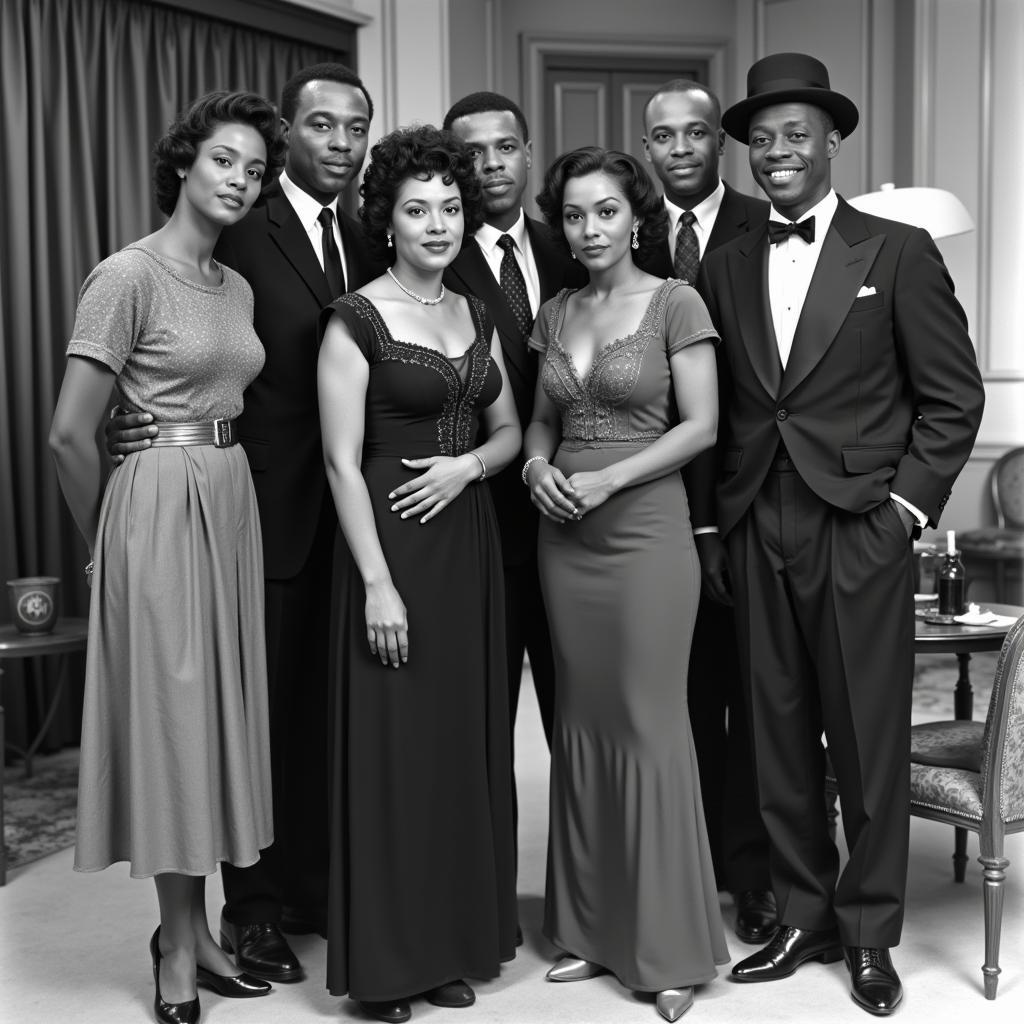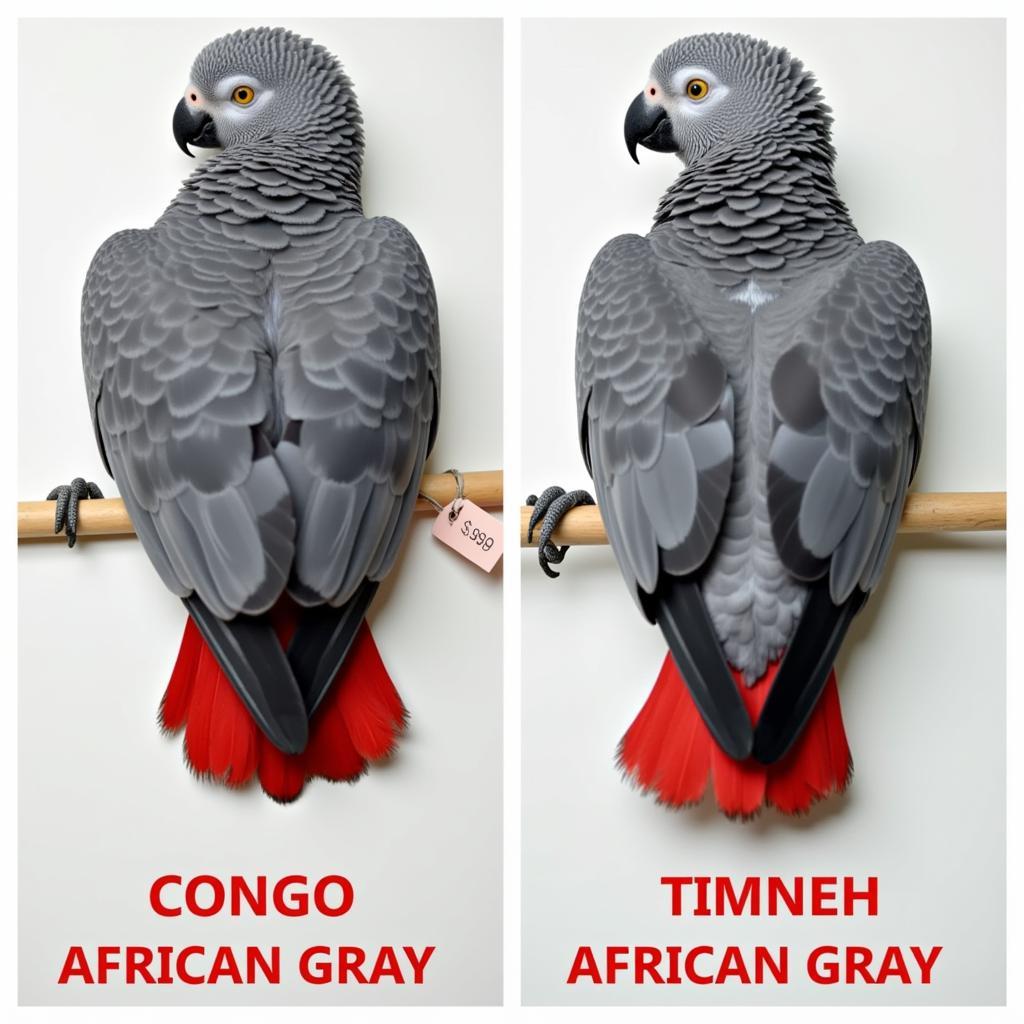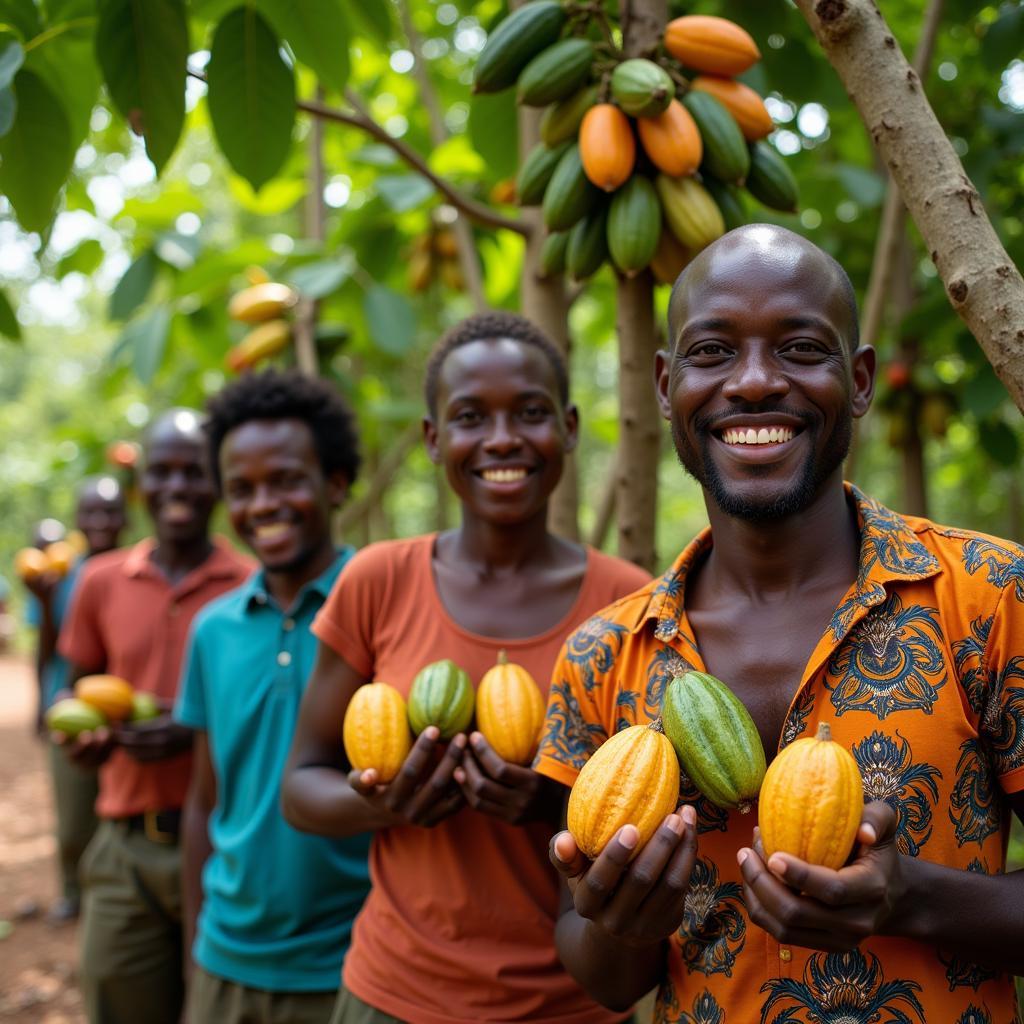Unveiling African Clothing in Cape Town: A Tapestry of Culture and Style
Cape Town, a vibrant hub of South African culture, explodes with a unique blend of fashion influences. At the heart of this scene lies a rich tapestry of traditional African clothing, reflecting the continent’s diverse heritage and artistic spirit. From intricate beadwork to bold prints, exploring African attire in Cape Town is a journey of discovery, offering a glimpse into the soul of a continent.
A Kaleidoscope of Cultures: Exploring Diverse Styles
Cape Town’s multicultural history is beautifully woven into its fashion landscape. The city’s clothing scene reflects a melting pot of influences, drawing inspiration from various African cultures like Xhosa, Zulu, Ndebele, and more. Each group brings its own distinct aesthetic, creating a dazzling array of choices for those seeking authentic African attire.
For instance, the Xhosa people, indigenous to the Eastern Cape, are renowned for their intricate beadwork and use of ochre-dyed fabrics. A visit to a local market might reveal stunning beaded necklaces, intricately woven skirts, and shawls adorned with symbolic patterns, each telling a story passed down through generations.
Meanwhile, the Zulu culture is celebrated for its bold use of animal skins and intricate beadwork, often reflecting social standing and marital status. A striking Zulu headdress or a beaded belt, crafted with meticulous care, can be a powerful statement piece.
Beyond the Threads: The Deeper Meaning of African Clothing
African clothing in Cape Town is much more than just fabric and design; it’s a powerful form of non-verbal communication, deeply intertwined with cultural identity, ancestral heritage, and social structures. Each garment tells a story, revealing the wearer’s clan, marital status, social standing, and even their age.
For example, the vibrant colours and geometric patterns of the Ndebele people’s attire are not merely decorative; they hold symbolic meaning, representing everything from marital status to social hierarchy. The way a headscarf is tied can communicate a woman’s age and stage of life, while the colours and patterns on a man’s shirt can indicate his clan affiliation.
Where to Experience the Magic: Finding Authentic African Clothing in Cape Town
Cape Town is brimming with opportunities to discover the beauty and craftsmanship of African clothing. From bustling markets to dedicated boutiques, here are some key destinations to embark on your fashion journey:
- Greenmarket Square: This historic square comes alive with local artisans selling a vibrant mix of clothing, textiles, and accessories. It’s a fantastic place to find unique pieces and engage with the creators themselves.
- Woodstock’s African fabric shops: This trendy neighbourhood is a haven for textile lovers. Explore the numerous shops along Albert Road, brimming with colorful fabrics, from traditional Ankara prints to intricate lace and silks.
- Pan African Market: Located in the heart of the city, this market showcases a wide variety of African crafts, including clothing, jewelry, and home décor. It’s a great place to immerse yourself in the continent’s creative energy.
Integrating African Inspiration: Styling Tips for Everyday Wear
You don’t need to wear a full traditional outfit to embrace the spirit of African clothing. Incorporating elements into your everyday style can add a touch of vibrancy and cultural flair:
- Statement accessories: Elevate a simple outfit with a bold beaded necklace, a colourful headwrap, or a woven bracelet. These pieces can add a pop of colour and personality.
- Prints and patterns: Embrace the vibrancy of African textiles by incorporating bold prints into your wardrobe. A flowy skirt, a statement top, or even a pair of printed pants can instantly add a touch of African flair.
- Mix and match: Don’t be afraid to experiment! Pair a traditional African skirt with a simple white tee, or layer a vibrant scarf over a denim jacket for a modern twist.
Embracing the Legacy: African Clothing’s Enduring Appeal
African clothing in Cape Town is more than just a fashion statement; it’s a living testament to the continent’s rich cultural heritage and artistic ingenuity. By exploring the diverse styles, understanding the symbolism, and embracing the craftsmanship, you can connect with the soul of Africa and carry a piece of its vibrant spirit with you.
Frequently Asked Questions about African Clothing in Cape Town
What are some popular African fabrics used in clothing?
Some commonly found fabrics include Ankara, Kente cloth, Aso Oke, Shweshwe, and Kitenge. Each fabric boasts unique patterns, textures, and cultural significance.
How can I ensure I am purchasing authentic African clothing?
Look for pieces crafted by local artisans using traditional techniques and materials. Engage with vendors, ask about the origin of the fabrics and the story behind the designs.
Are there specific etiquette rules regarding wearing African clothing in Cape Town?
While there are no strict rules, respecting the cultural significance of the garments is essential. Avoid wearing traditional attire as a costume or appropriating cultural elements disrespectfully.
Can I find contemporary African fashion designs in Cape Town?
Absolutely! Cape Town has a thriving fashion scene, with many designers reinterpreting traditional African aesthetics into modern, stylish pieces.
What is the best time of year to find a wide variety of African clothing in Cape Town?
Cape Town is a year-round destination for fashion, but the summer months (November to March) often bring a wider selection of vibrant, lightweight clothing options.
Need help finding the perfect piece of African Clothing in Cape Town?
Contact us! Our team is passionate about sharing the beauty of African culture and can guide you to the best local shops and artisans.
Call: +255768904061
Email: kaka.mag@gmail.com
Visit: Mbarali DC Mawindi, Kangaga, Tanzania
We’re here to help you discover the magic of African clothing in Cape Town.



